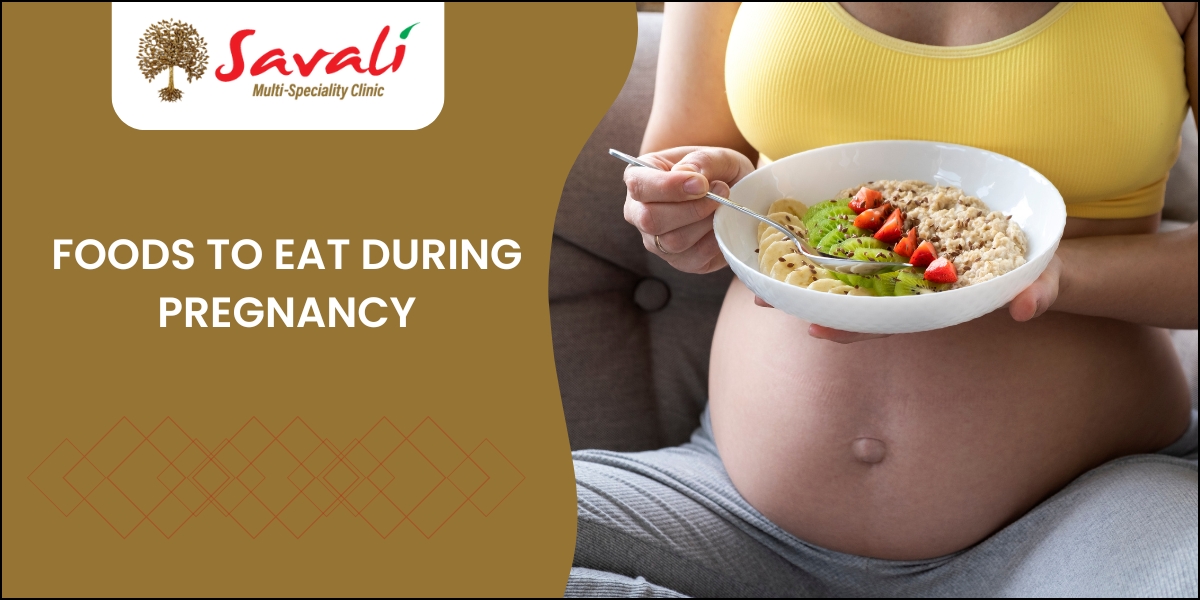Pregnancy is a crucial time when nutrition plays a vital role in the health of both the mother and the developing baby. Eating a well-balanced diet ensures proper growth, reduces pregnancy complications, and supports the mother’s energy levels.
Top Nutrient-Rich Foods for Pregnant Women
1. Dairy Products (Milk, Yogurt, Cheese)
- Why? Rich in calcium, protein, and vitamin D, essential for fetal bone development.
- Best Choices: Greek yogurt, fortified milk, and cottage cheese.
2. Lean Proteins (Chicken, Eggs, Lentils, Beans)
- Why? Supports baby’s tissue growth and helps in muscle development.
- Best Choices: Eggs (with DHA), lean chicken, lentils, and chickpeas.
3. Whole Grains (Oats, Brown Rice, Quinoa)
- Why? High in fiber, prevents constipation, and provides sustained energy.
- Best Choices: Oatmeal, whole wheat bread, and quinoa.
4. Leafy Greens (Spinach, Kale, Broccoli)
- Why? Packed with iron, folate, and calcium—key for preventing anemia and neural tube defects.
- Best Choices: Spinach, kale, and broccoli.
5. Fruits (Bananas, Oranges, Berries, Avocados)
- Why? Rich in vitamins, fiber, and antioxidants.
- Best Choices: Bananas (for potassium), oranges (for vitamin C), and avocados (for healthy fats).
6. Nuts & Seeds (Almonds, Walnuts, Chia Seeds, Flaxseeds)
- Why? Great sources of omega-3s, magnesium, and healthy fats.
- Best Choices: Almonds (for vitamin E), walnuts (for brain development), and chia seeds (for fiber).
7. Fatty Fish (Salmon, Sardines)
- Why? High in omega-3 fatty acids (DHA), crucial for baby’s brain and eye development.
- Note: Avoid high-mercury fish like shark and swordfish.
8. Iron-Rich Foods (Beans, Lean Red Meat, Spinach)
- Why? Prevents iron-deficiency anemia, common in pregnancy.
- Tip: Pair with vitamin C (like oranges) for better absorption.
9. Hydration (Water, Coconut Water, Herbal Teas)
- Why? Prevents dehydration, reduces swelling, and supports amniotic fluid levels.
- Best Choices: 8-10 glasses of water daily, coconut water for electrolytes.
Foods to Avoid During Pregnancy
- Raw or undercooked meat/seafood
- Unpasteurized dairy
- Excessive caffeine
- Alcohol
- High-mercury fish
Consult the Best Gynecologist in Hadapsar
For personalized prenatal care and dietary advice, visit Savali Multispeciality Clinic in Hadapsar. With expert guidance, you can ensure a healthy pregnancy journey.





